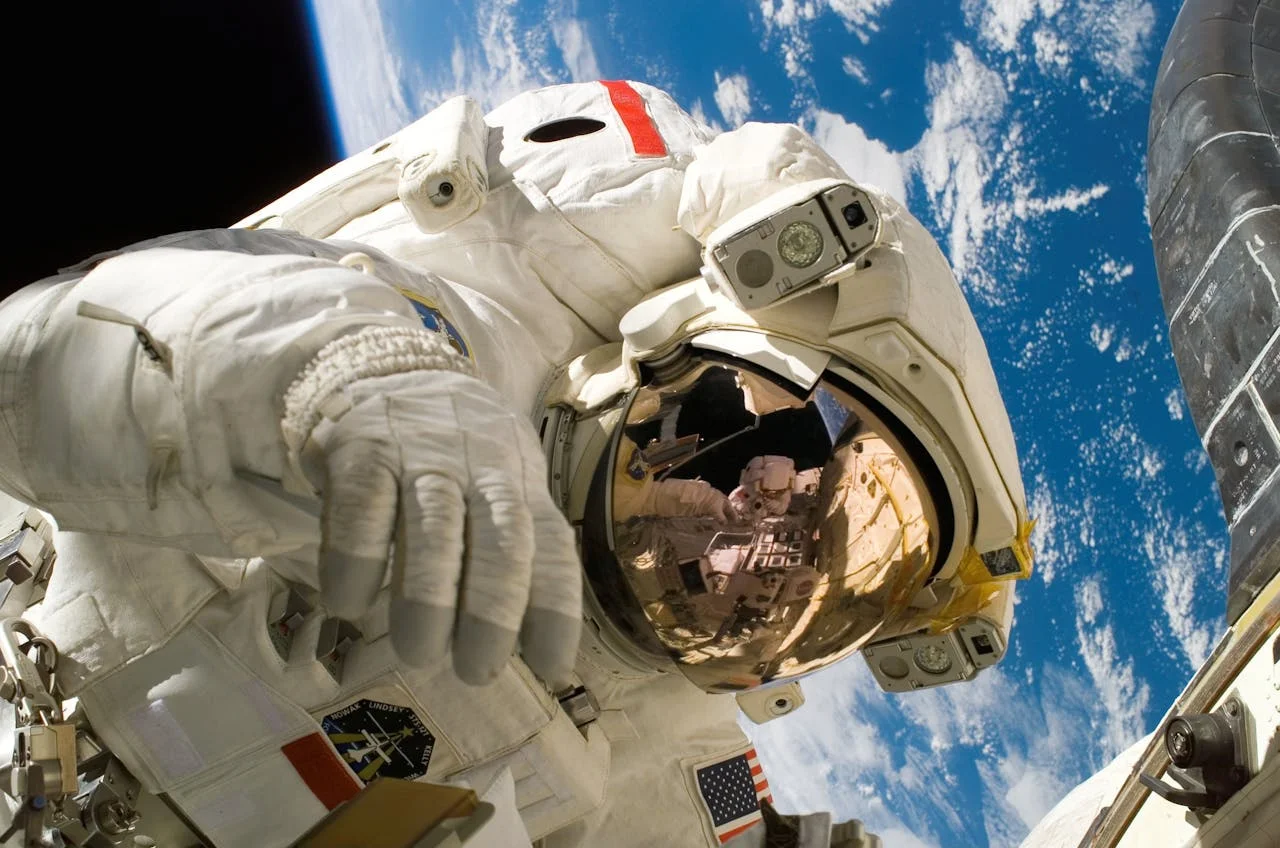Space exploration has been a driving force behind some of humanity's most profound scientific and technological advancements. From the early days of rocketry to the cutting-edge missions of today, our quest to understand the cosmos has not only expanded our knowledge but also inspired generations and spurred numerous technological innovations. As we continue to push the boundaries of space exploration, the implications for science, technology, and humanity are both exciting and transformative.
The Pioneering Era of Space Exploration
The journey of space exploration began in the mid-20th century, a period marked by intense rivalry and groundbreaking achievements. The launch of Sputnik 1 by the Soviet Union in 1957 was a watershed moment, marking the first artificial satellite to orbit Earth and initiating the space race. This event demonstrated the feasibility of space travel and ignited a global interest in exploring beyond our planet.
In 1961, Yuri Gagarin's historic flight made him the first human to orbit Earth, proving that space travel was possible and setting the stage for future manned missions. The decade culminated with the Apollo 11 mission in 1969, when astronauts Neil Armstrong and Buzz Aldrin made history by landing on the Moon. Armstrong's iconic words, "That's one small step for man, one giant leap for mankind," symbolized humanity's potential to overcome seemingly insurmountable challenges.
Advancements in Modern Space Exploration
The latter part of the 20th century and the early 21st century have seen rapid advancements in space exploration, driven by both governmental and private entities. The International Space Station (ISS), a collaborative project involving NASA, Roscosmos, ESA, JAXA, and CSA, has become a symbol of international cooperation in space. Since its launch in 1998, the ISS has served as a microgravity laboratory, facilitating scientific research and fostering collaboration between nations.
Robotic missions have also revolutionized our understanding of space. The Hubble Space Telescope, launched in 1990, has provided breathtaking images of distant galaxies and contributed to crucial discoveries about the universe's structure and evolution. Meanwhile, Mars rovers such as Curiosity and Perseverance have explored the Martian surface, searching for signs of past life and assessing the planet’s potential for future human exploration.
The Future of Space Exploration
Looking ahead, space exploration promises to reach new heights with several ambitious projects on the horizon. Private companies like SpaceX, founded by Elon Musk, are leading efforts to make space travel more accessible and affordable. SpaceX’s development of the reusable Falcon rockets and plans for interplanetary missions highlight the potential for a new era of space exploration.
NASA’s Artemis program aims to return humans to the Moon and establish a sustainable presence by the mid-2020s. This program seeks to build the Gateway, a lunar orbiting space station, and lay the groundwork for future missions to Mars. The Artemis missions will not only advance our knowledge of the Moon but also test technologies and strategies crucial for long-duration space travel.
In addition, the exploration of asteroids and other celestial bodies is gaining momentum. NASA’s OSIRIS-REx mission, which successfully collected samples from the asteroid Bennu, represents a significant step towards understanding the origins of the solar system and the potential for space resource utilization.
Challenges and Considerations
Despite its potential, space exploration faces several challenges, including the high cost of missions, the harsh environment of space, and the need for advanced technology to ensure astronaut safety. Addressing these challenges requires ongoing innovation, international collaboration, and thoughtful consideration of ethical and practical implications.
Conclusion
Space exploration continues to be a testament to human ingenuity and curiosity. From early spaceflights to modern robotic missions and future interplanetary ambitions, our journey into space has profound implications for science, technology, and society. As we push the boundaries of what is possible, the quest to explore the cosmos not only enhances our understanding of the universe but also inspires a sense of wonder and possibility that fuels further exploration and discovery.





















